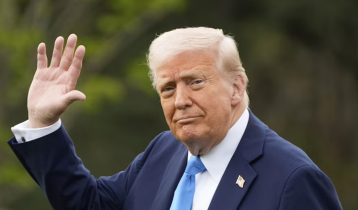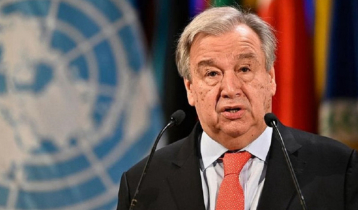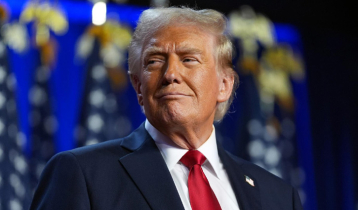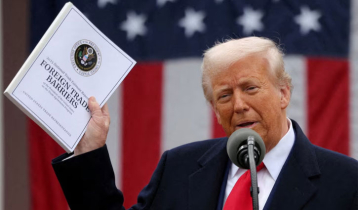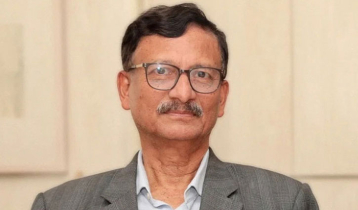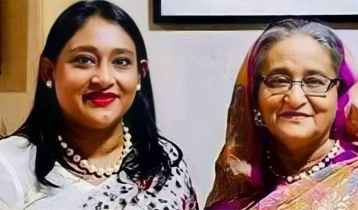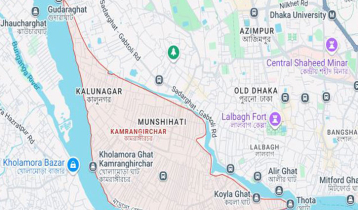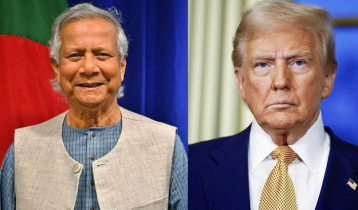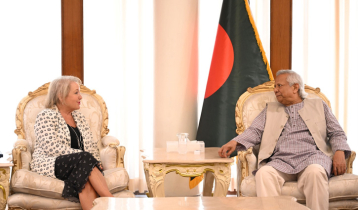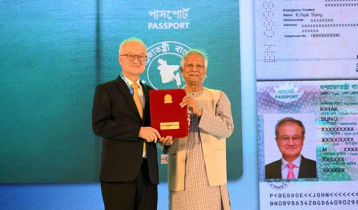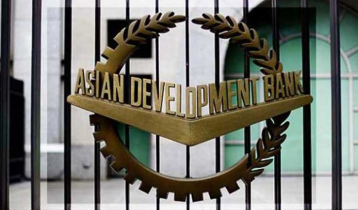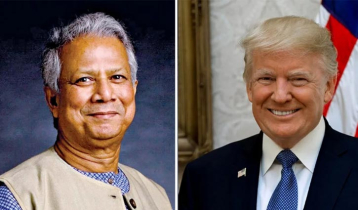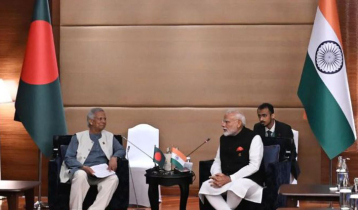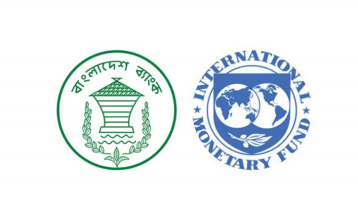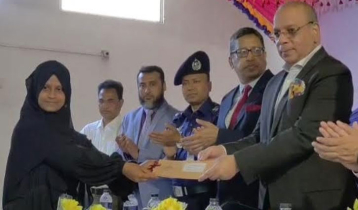India passes controversial bill on Muslim properties
International Desk || risingbd.com
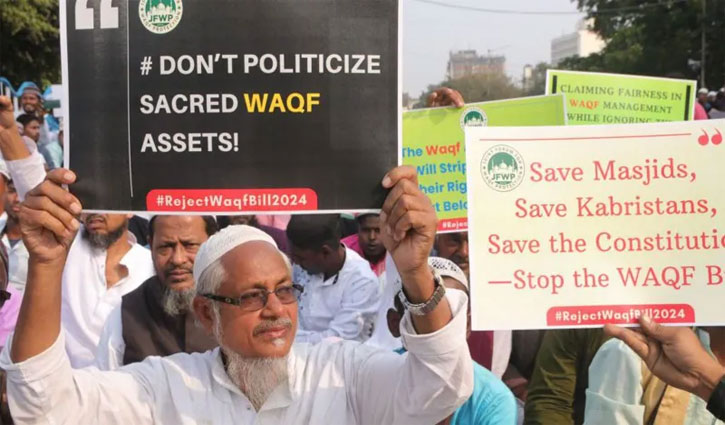
After hours of heated debate, India's parliament has passed a controversial bill that seeks to change how properties worth billions of dollars donated by Muslims over centuries are governed, reports BBC.
The upper house passed the Waqf (Amendment) Bill, 2024 early on Friday, a day after the lower house cleared it amid strong opposition criticism.
Muslim leaders and opposition parties say the bill is "unconstitutional" and infringes on the rights of India's Muslim-minority community.
But the government says the bill aims to make the management of waqf (Muslim properties) more transparent.
The bill will now be sent to India's president for her assent before it becomes law. This approval is expected to come soon.
Prime Minister Narendra Modi called the passing of the bill a "watershed moment".
In a post on X, he said the waqf system [the system of governing waqf or Muslim properties] had been "synonymous with a lack of transparency and accountability" for decades.
"The legislation passed by parliament will boost transparency and also safeguard people's rights," he wrote.
However, the opposition has been vociferous in their condemnation of the bill and allege that it is another ploy by the governing Bharatiya Janata Party (BJP) to dilute the rights of minorities.
Congress leader Mallikarjun Kharge noted that while 288 members voted in favour of the bill in the lower house, a significant 232 opposed it.
"From this, we can guess that despite opposition from various parties, this bill was brought arbitrarily," he wrote on X.
In Islamic tradition, a waqf is a charitable or religious donation made by Muslims for the benefit of the community. Such properties cannot be sold or used for any other purpose.
They are important to India's 200 million Muslims as they are used for mosques, madrassas, graveyards and orphanages.
The properties are governed by the Waqf Act, 1995, which mandated the formation of state-level boards to manage them.
These boards include nominees from the state government, Muslim lawmakers, members of the state bar council, Islamic scholars and managers of waqf properties.
Last August, the BJP government introduced a bill to amend the Waqf Act.
The government said the changes proposed by the bill would modernise waqf administration and reduce legal loopholes. But Muslim leaders and opposition parties alleged that the amendments would give the government more control over these properties.
The bill was sent to a panel for scrutiny. In February, the panel cleared the bill with some amendments._Agencies.
Dhaka/Nasim



